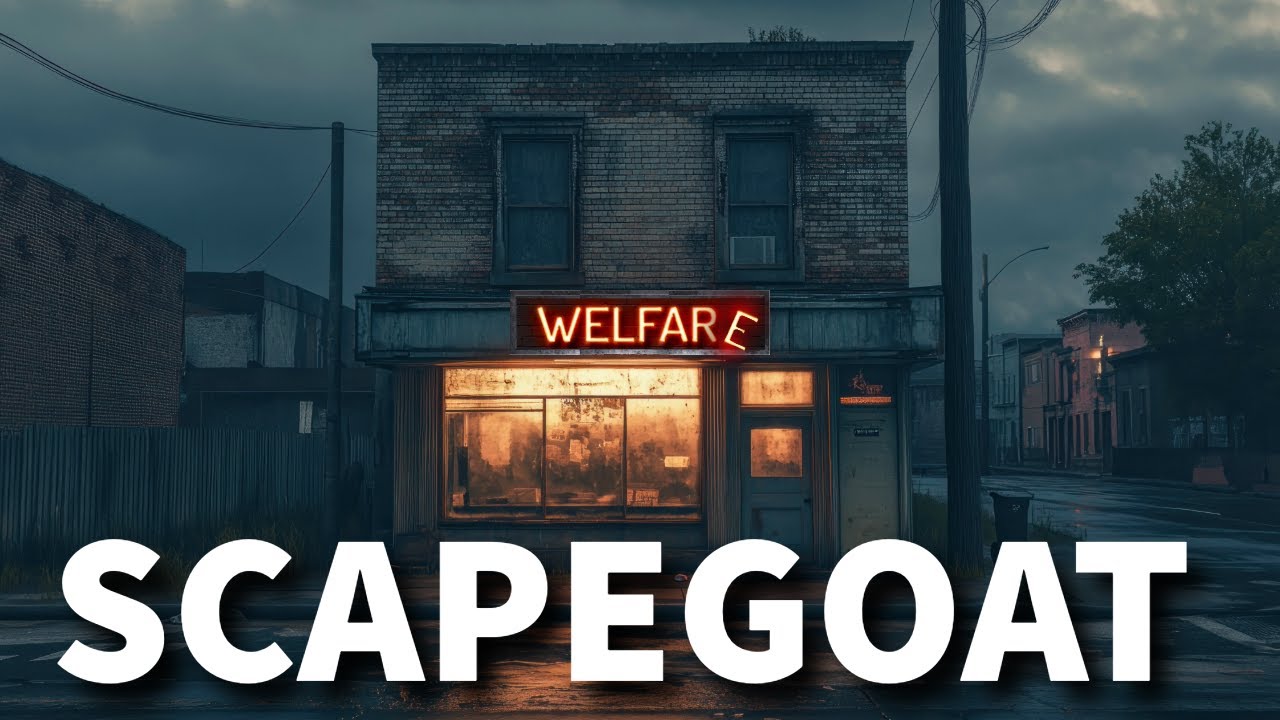Researchers in England and Germany studied human behavior toward freeloaders using an economic game where participants contributed tokens to a public good.
Players chose between a voluntary cooperation group and a punishment group where freeloaders could be penalized. Initially, most chose cooperation, but many switched to the punishment group after seeing its greater prosperity. Over time, actual punishments decreased because the threat alone encouraged cooperation. This experiment reflects society’s complex attitudes toward freeloaders and punishment.
The video then explores widespread misconceptions about welfare programs, particularly in the US and Europe, highlighting contradictions such as voters supporting parties that cut benefits while relying heavily on government aid. It debunks myths about welfare fraud and immigrant “freeloading,” showing that most beneficiaries have earned their benefits or contribute positively to society.
The discussion emphasizes that government inefficiency often stems not from freeloaders but from systemic challenges and that an effective government must absorb inefficiencies to protect vulnerable populations. Ultimately, the greatest freeloaders may be those in power rather than welfare recipients.
Originally posted 2025-06-18 16:56:21.

